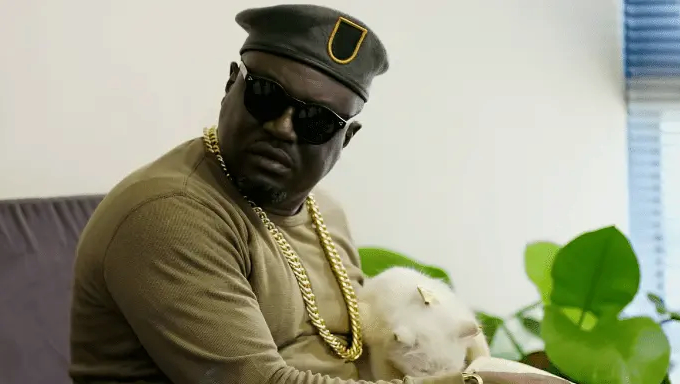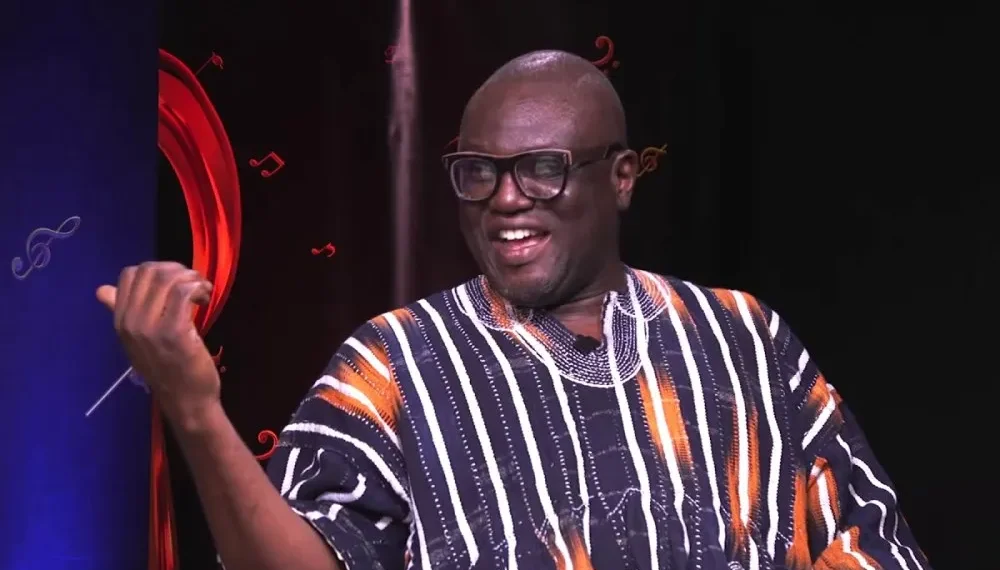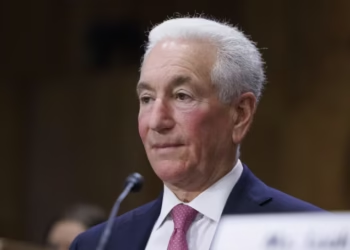Renowned actor and broadcaster Mikki Osei Berko, famous for his iconic roles in “Taxi Driver” and “Dada Boat”, has expressed concerns about the declining standards in Ghana’s creative arts industry, particularly in broadcasting, journalism, and filmmaking.
He illuminated how the industry has shifted over the years, with many practitioners disregarding the importance of mentorship and formal training.
Reflecting on his time in the industry, Osei Berko noted how a solid foundation of learning was crucial for success in their era.
“Back then, even with all the training from institutions like the Ghana Broadcasting Corporation, we still looked up to legends like Tommy Annan Forson, Charley Sam, and Kwame Sefa Kayi. These were people who set the pace, and we willingly sought guidance from them to improve our craft.”
Mikki Osei Berko
Contrasting this with the present, Osei Berko expressed concern that younger professionals often sideline seasoned practitioners’ wealth of knowledge.
According to him, today’s artists seem reluctant to learn from those who paved the way. “They think technology alone can replace experience and guidance,” he observed.
He highlighted how the rise of digital tools, while transformative, has also contributed to the decline in standards.
“Now, you can edit an entire production on your smartphone. That’s great for innovation, but when there’s no proper training to back it, the quality suffers.”
Mikki Osei Berko
For Osei Berko, the creative arts industry has immense potential, but the future depends on bridging the gap between old and new generations.
He urged younger practitioners to embrace mentorship and learning, ensuring that the industry thrives with professionalism and excellence.
Mikki Osei on Football in Ghana

Ghanaian actor and radio personality, Mikki Osei Berko, famously known as Master Richard, voiced his concerns over the decline of football in Ghana.
In a reflection, he highlighted the nation’s inability to qualify for the upcoming Africa Cup of Nations (AFCON) and its repeated failures to make significant strides in the competition over the years.
“Ghanaian football is losing its soul,” Master Richard said. “Our glory days are far behind us, and unless we go back to the basics, our dreams of lifting another trophy will remain just that—dreams.”
Known for his iconic comedic roles and engaging radio presence, Master Richard revealed a lesser-known side of his life, a personal connection to football.
He reminisced about his early days as a promising defender with aspirations of reaching the top of the sport. Unfortunately, his journey was cut short by a career-ending injury, which forced him to pivot to acting and broadcasting.
“I could have made it as a footballer. I had the skill, the determination, and the love for the game. But life had other plans for me. It’s bittersweet because I see where our football is now, and I wonder what could have been.”
Mikki Osei Berko
Despite his own career detour, Master Richard fondly remembered some of his contemporaries who rose to prominence.
Among them was Ibrahim Tanko, a former Ghanaian footballer who carved out an impressive career for himself on the international stage. “Tanko was one of us back in the day,” he recalled. “Seeing his success was inspiring, but it also shows what’s possible when the right structures are in place.”
Turning his focus to Ghana’s current football challenges, Master Richard lamented the country’s prolonged trophy drought, which has stretched for over four decades. “It’s not just about the players on the pitch,” he noted.
“Our entire system needs an overhaul from grassroots development to coaching and even management. We can’t expect different results if we keep doing the same thing.”
Mikki Osei Berko
For Master Richard, the decline in Ghanaian football is not just a sporting issue but a cultural one.
He emphasized the role football once played in uniting the nation and fostering pride. “Football was more than a game for us. It was our identity, our joy. Losing that is like losing a piece of who we are,” he said with a tinge of nostalgia.
As the nation reflects on its recent failures in football, Master Richard’s words serve as a call to action.
“We need to go back to the fundamentals. Invest in our youth, support our local leagues, and prioritize the development of homegrown talent. Without these steps, we’ll keep watching others lift the trophies we once dreamed of.”
Mikki Osei Berko
READ ALSO: Ghana Heads to the Polls: A Historic Day for Democracy



















